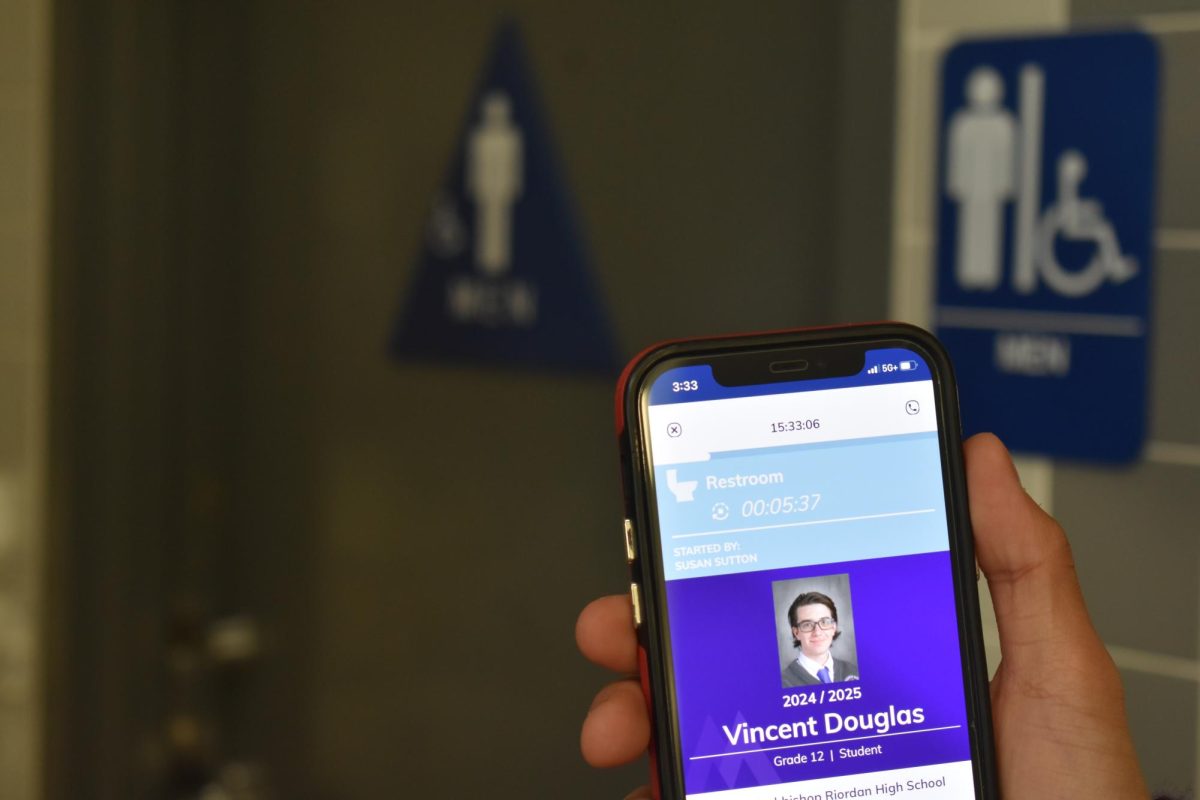Until recently, the creation of high level artificial intelligence—also known as AI—wasn’t believed to have been possible and wasn’t a tangible or viable option for many. A model of intelligence that assists humans at a high speed, with the widest array of information, available to a vast amount of people, seemed fantasy.
This changed when Ilya Sutskever, the chief scientist at OpenAI broke barriers with his discovery of “AlexNet,” a model that laid the foundation for deep learning, a type of learning which served to teach computers, through various inputs, to process given information in a similar way that humans would. This model was the pioneering discovery for all major AI creations being used today.
In essence, this model of data evolved into what we know today as GPT (a generative pretrained transformer). The motivation behind GPT was to teach a computer to critically think and answer questions just as the human brain does, creating new ideas and improving old ones.
Ultimately, the end goal of OpenAi’s model is to create artificial general intelligence (or AGI), a more advanced version of AI which is autonomous, reaching beyond the capabilities of humans, and raising the standard of learning, living, and teaching, to a level that is quite literally, beyond human comprehension.
Nevertheless, the positives and negatives of artificial intelligence have been thrown around like a dart on a board, and the bullseye and innermost truth of artificial intelligence (or AI) can be pinpointed in the middle of its benefits for the human race.
AI is revolutionizing the way we live, work, and interact with the world around us. From self-driving cars to personalized medicine, AI is bringing incredible benefits to our society.
Its ability to process large amounts of data quickly and accurately has led to breakthroughs in fields such as healthcare, where AI can analyze medical records and diagnose diseases.
Similarly, since the release of the renowned ChatGPT, it is harder to find businesses that don’t use the tool because of the increased efficiency which allows for faster decision-making and increased productivity.
The clear benefit of AI is its ability to augment human capabilities. Rather than replacing humans, AI can work alongside us to enhance our abilities and make us more productive. For example, AI-powered tools can help teachers personalize their lessons, or aid doctors in making more accurate diagnoses.
While there are valid concerns about the impact of AI on jobs and privacy, it’s important to remember that AI is a tool, and like any tool, it can be used for good or bad. In the end, it’s up to us to ensure that AI is developed and implemented in a responsible and ethical way because the potential benefits of AI are simply too great to ignore.






